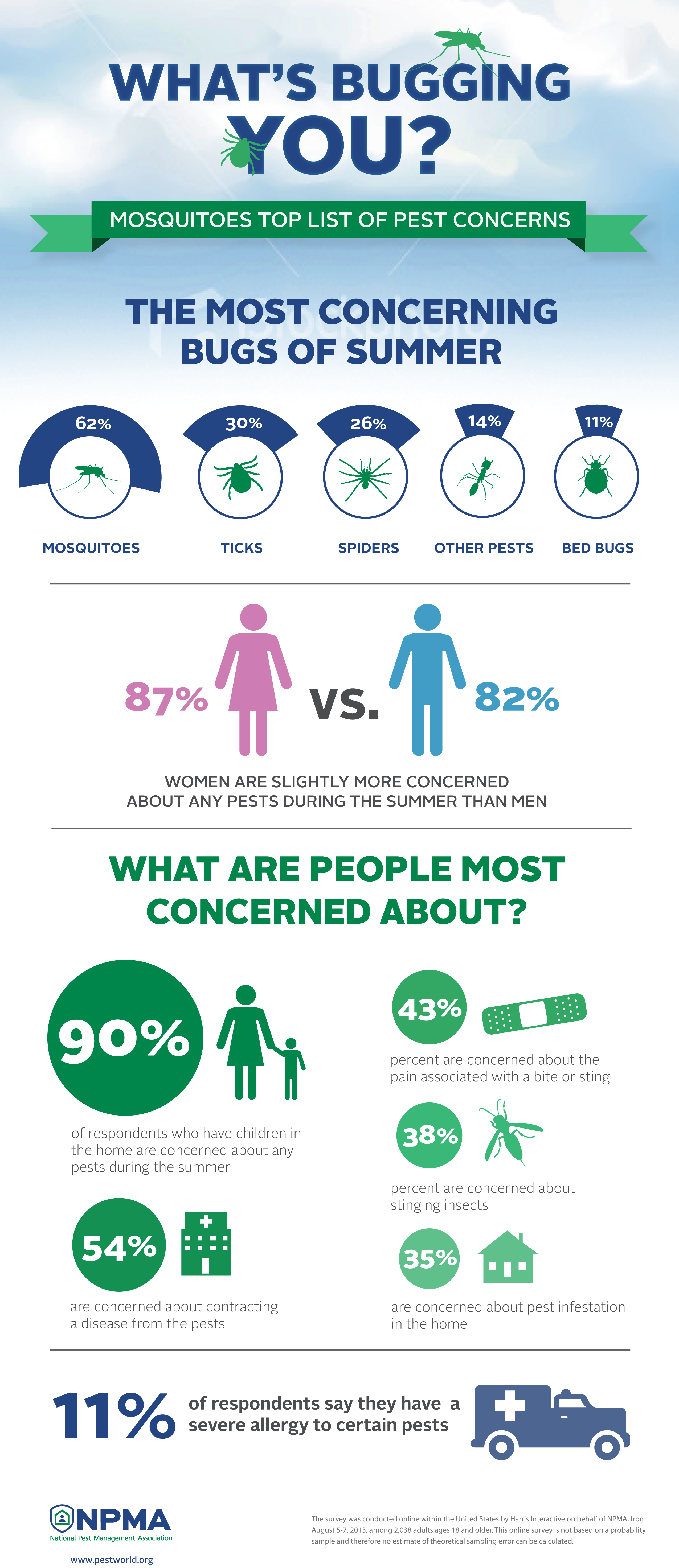Tips For Homeowners: Exactly How To Maintain Rodents Out Of Your Attic
Tips For Homeowners: Exactly How To Maintain Rodents Out Of Your Attic
Blog Article
Web Content Created By-Thybo Snedker
Visualize your attic as a cozy Airbnb for rodents, with insulation as fluffy as hotel pillows and wiring extra tempting than room solution. Now, think of these unwanted guests throwing a wild event in your house while you're away. As a home owner, guaranteeing your attic is rodent-proof is not practically peace of mind; it has to do with shielding your building and loved ones. So, what basic steps can you take to guard your sanctuary from these hairy burglars?
Inspect for Access Information
To begin rodent-proofing your attic, check for entrance points. Beginning by thoroughly taking you can look here at the exterior of your home, trying to find any kind of openings that rats might make use of to access to your attic room. Check for spaces around energy lines, vents, and pipes, along with any type of splits or holes in the structure or home siding. See to it to pay close attention to areas where different structure products fulfill, as these are common entry points for rodents.
In addition, evaluate the roofing system for any harmed or missing tiles, in addition to any type of gaps around the edges where rodents can press through. Inside the attic, look for signs of existing rodent task such as droppings, ate cords, or nesting products. Make use of a flashlight to thoroughly examine dark corners and hidden areas.
Seal Cracks and Gaps
Examine your attic extensively for any cracks and gaps that need to be sealed to prevent rodents from going into. Rats can press via even the smallest openings, so it's crucial to secure any kind of prospective entrance factors. Check around pipes, vents, cable televisions, and where the wall surfaces meet the roofing system. Utilize pest control for squirrels near me of steel wool and caulking to seal these openings properly. Steel woollen is a superb deterrent as rodents can't eat through it. Make Highly recommended Internet page that all spaces are firmly secured to reject accessibility to unwanted parasites.
Don't forget the relevance of sealing voids around doors and windows too. Use weather condition stripping or door sweeps to secure these locations effectively. Check the areas where utility lines get in the attic and secure them off using a suitable sealant. By making the effort to seal all cracks and gaps in your attic room, you create an obstacle that rats will certainly find challenging to breach. Prevention is key in rodent-proofing your attic, so be detailed in your initiatives to seal off any type of potential entry factors.
Eliminate Food Sources
Take positive steps to get rid of or keep all potential food resources in your attic room to prevent rats from infesting the room. Rats are brought in to food, so eliminating their food resources is critical in keeping them out of your attic.
Right here's what you can do:
1. ** Store food securely **: Avoid leaving any food things in the attic room. Store all food in closed containers made of steel or heavy-duty plastic to prevent rodents from accessing them.
2. ** Tidy up particles **: Get rid of any kind of stacks of debris, such as old papers, cardboard boxes, or timber scraps, that rats could utilize as nesting material or food sources. Keep the attic clutter-free to make it much less enticing to rodents.
3. ** Dispose of rubbish properly **: If you utilize your attic room for storage and have waste or waste up there, see to it to dispose of it regularly and appropriately. Decaying garbage can draw in rats, so keep the attic room tidy and devoid of any natural waste.
Final thought
In conclusion, bear in mind that an ounce of prevention deserves a pound of cure when it concerns rodent-proofing your attic room.
By putting in the time to inspect for access factors, seal splits and voids, and remove food sources, you can keep undesirable insects away.
Bear in mind, 'An ounce of avoidance deserves an extra pound of cure' - Benjamin Franklin.
Remain positive and protect your home from rodent infestations.
